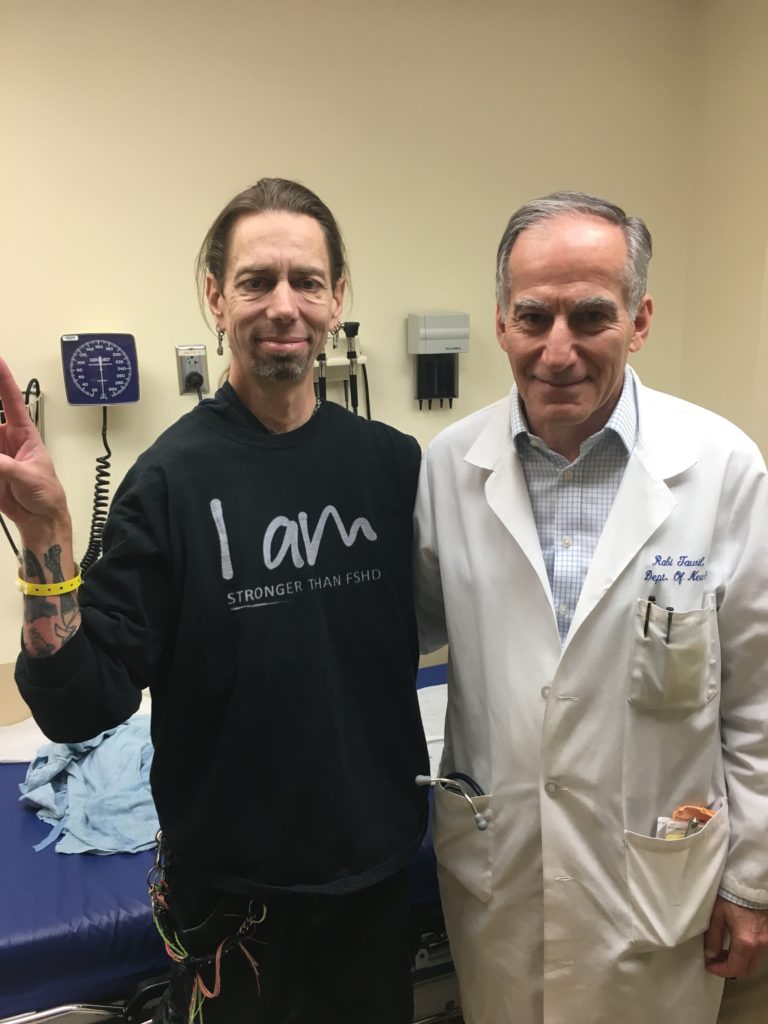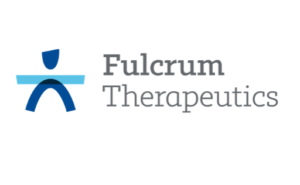
To crack the code of FSHD, patients are absolutely essential
All of the breakthroughs—the discovery of the genetic causes, understanding why some patients vary so greatly in the severity of their symptoms, teasing out the biochemical pathways that could point to future treatments—were made because patients stepped up to the plate.
Too often, we hear patients say they’ll volunteer when there’s a treatment. But we will never get to a treatment unless patients participate in fundamental research now. FSHD is uniquely human, so no laboratory mouse can ever fully model the disease. The genetic “package” that causes FSHD is found only in people. We owe an enormous debt to the patients who give DNA samples. Who submit to long interviews and exhausting physical tests. Allow a surgeon to cut out a small muscle sample. Who fight claustrophobia to lie in the narrow bore of an MRI machine.
Equally important are patients’ family members, both affected and unaffected, who provide the best experimental controls because of their shared genetic and environmental backgrounds. A parent or sibling who has very mild symptoms may hold the key to understanding the factors that protect against the full-blown development of FSHD symptoms in a more severely affected family member.
We are more hopeful today than ever before that a treatment is within sight. We cannot guarantee when that treatment will arrive, but here’s one thing we guarantee: If you volunteer for research, your participation will without question help move us a step closer to that day.
Scientific Overview of FSHD
Read the latest on wikipedia
Glossary of Scientific Terms
Losmapimod clinical trial key information has been posted
UPDATED 8/9/19 Fulcrum Therapeutics has posted on clinicaltrials.gov information about its upcoming clinical trial of losmapimod. The trial is NOT YET RECRUITING volunteers. People can monitor the clinicaltrials.gov site regularly… Read More »
2019 FSHD International Research Congress Highlights
At the 26th annual FSHD International Research Congress (IRC) this June 19-20, held in a 19th-century palace overlooking the harbor of Marseille, the 180 attendees were treated to a spectacular… Read More »
Many “Firsts” for the 26th Annual FSHD International Research Congress
The world’s premier conference on the rare muscle disease sets attendance records as it convenes for the first time in Europe The FSH Society announced the opening today of its… Read More »
Bay Area Family Day Video and Slides
Here are the slides and videos from the Bay Area Family Day conference, held at the Li Ka Shing Center, Stanford Medical School, on Sunday, April 28, 2019. Click on… Read More »





